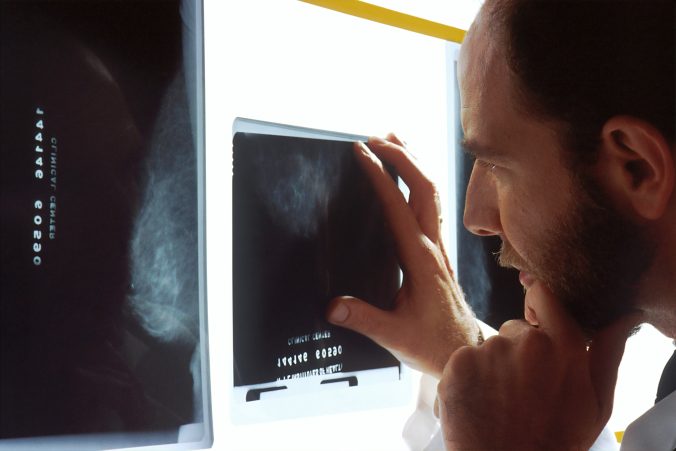There is today a wide range of competing theories, each in its own way trying to account for consciousness in neurobiological terms. Parallel to the “Babylonian confusion of tongues” and inability to collaborate that this entails in the theorizing of consciousness, progress has been made in the empirical study of the brain. Advanced methods for […]
Continue readingPage 6 of 49
Science and technology advance so rapidly that it is hard to keep up with them. This is true not only for the general public, but also for the scientists themselves and for scholars from fields like ethics and regulation, who find it increasingly difficult to predict what will come next. Today AI is among the […]
Continue readingPhilosophy begins with doubt, this has been emphasized by many philosophers. But what does it mean to doubt? To harbor suspicions? To criticize accepted beliefs? In that case, doubt is based on thinking we know better. We believe that we have good reason to doubt. Is that doubting? Thinking that you know? It sounds paradoxical, […]
Continue readingMore than 5 million women become pregnant in the EU every year and a majority take at least one medication during pregnancy. A problem today is that as few as 5% of available medications have been adequately monitored, tested and labelled with safety information for use in pregnant and breastfeeding women. The field is difficult […]
Continue readingThe use of AI tools in healthcare has become a recurring theme on this blog. So far, the posts have mainly been about mobile and online apps for use by patients and the general public. Today, the theme is more advanced AI tools which are used professionally by healthcare staff. Within the Swedish program for […]
Continue readingWhat will you do if you feel sick or discover a rash and wonder what it is? Is it something serious? If you do not immediately contact healthcare, a common first step is to search for information on the internet. But there are also applications for mobiles and online, where users can check their symptoms. […]
Continue readingDespite political efforts to change the situation, gender imbalance is still evident in European universities and research institutions. A powerful tool for change is positive action. The tool may seem to be at odds with the meritocratic values that distinguish academia. Resistance to such measures may seem particularly well-motivated in science, which is supposed to […]
Continue readingA theme in recent blog posts has been our need for time. Patients need time to be listened to; time to ask questions; time to decide whether they want to be included in clinical studies, and time for much more. Healthcare workers need time to understand the patients’ situation; time to find solutions to the […]
Continue readingLiving with rheumatoid arthritis: how do patients perceive their interaction with healthcare and a self-care app?

Not all diseases can be cured, but medication along with other measures can alleviate the symptoms. Rheumatoid arthritis is one such disease. Medicines for symptoms such as swellings and stiffness have become very effective. As a patient, you can find good ways to live with the disease, even if it can mean more or less […]
Continue readingNewly formed concepts can sometimes satisfy such urgent linguistic needs that they immediately seem completely self-evident. Moral stress is probably such a concept. It is not many decades old. Nevertheless, the concept probably appeared from the beginning as an all-too-familiar reality for many healthcare workers. An interesting aspect of these immediately self-evident concepts is that […]
Continue reading









